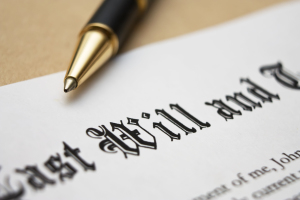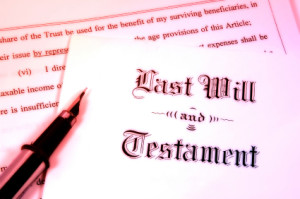 Today’s top story: How to leave Crypto to a loved one. Also in the news: Black Friday return policies, the October jobs report gives tired travelers a glimmer of hope, and the unexpected way bad credit messes with your life.
Today’s top story: How to leave Crypto to a loved one. Also in the news: Black Friday return policies, the October jobs report gives tired travelers a glimmer of hope, and the unexpected way bad credit messes with your life.
How to Leave Crypto to a Loved One
If you don’t make a plan for your cryptocurrency, it could be lost after you die. Here’s how to make sure it gets passed down to a loved one.
As You Shop Black Friday, Keep Return Policies in Mind
Before making purchases this holiday season, consider retailer return policies to save time and money.
October Jobs Report Gives Tired Travelers a Glimmer of Hope
The travel industry is experiencing significant job growth, according to October 2021 Bureau of Labor Statistics figures.
The Unexpected Ways a Bad Credit Score Messes With Your Life
Looking beyond mortgages and car loans.
 Today’s top story: When a will won’t work. Also in the news: 6 gift categories unaffected by supply chain delays, 3 ways to tap the unexpected equity in your leased car, and alternatives to backdoor Roths.
Today’s top story: When a will won’t work. Also in the news: 6 gift categories unaffected by supply chain delays, 3 ways to tap the unexpected equity in your leased car, and alternatives to backdoor Roths.  Today’s top story: Writing a will? How to stop stalling and get it done. Also in the news: Hidden financing traps in car shopping, how to protect yourself in the Words with Friends data breach, and the big wedding expense nearly half of married couples regret.
Today’s top story: Writing a will? How to stop stalling and get it done. Also in the news: Hidden financing traps in car shopping, how to protect yourself in the Words with Friends data breach, and the big wedding expense nearly half of married couples regret.